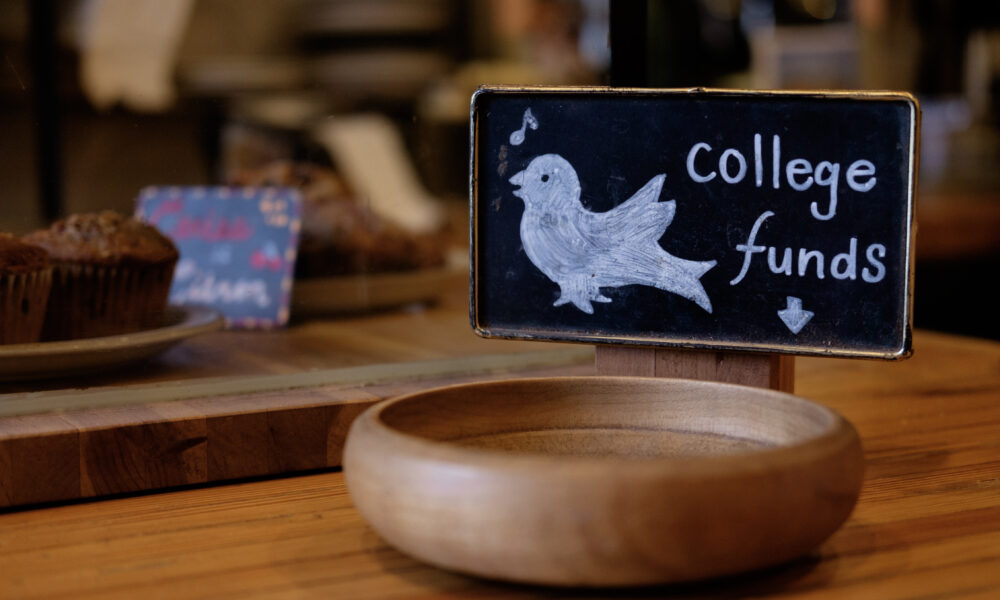Across Canada, tipping is a central part of the dining and service experience, considered by many to be a form of expressing satisfaction with the service provided and a personal reward for exceptional staff. However, research released last year by the Angus Reid Institute has uncovered that 78 per cent of Canadians now believe that tipping is expected, regardless of the quality of service.
With many individuals employed within the tipping-based industry—particularly students—relying on gratuities as a critical source of income, consensus regarding tipping etiquette is increasingly causing divisions as the cost of living rises.
In conversations with The Tribune, students from McGill and across Montreal expressed their relationships with tipping—both on the giving and receiving ends.
Saaya Fujita, an exchange student from Japan and employee at the Japanese restaurant Japote in Montreal, highlighted her complicated relationship with Canadian tipping culture.
“As there’s no tipping culture in Japan, I’ve experienced many awkward situations here in Montreal. I was told I don’t necessarily have to tip, but one time I was forced, and many other times I’ve felt so much pressure,” Fujita said.
However, Fujita’s experience as an employee within the tipping industry in Montreal has also had its benefits.
“As a worker though, the experience has been quite different. I’ve worked both in Japan and Montreal,” Fujita said. “In Japan, it’s taken for granted that workers behave well, even though they cannot [receive a] tip. Here, however, I can get a lot just by doing service as I’m used to, which makes me feel good.”
Another young person belonging to the international student community at McGill and thus unfamiliar with this phenomenon is Michael Cunningham, a Ph.D. student from Ireland. For Cunningham, tipping has lost its meaning in Canada, since it is an expectation rather than a reward for exceptional service.
Cunningham’s detachment from the personal implications of tipping is not a new feeling; “tipflation” and “tip-creep”—the spreading and embedding of tipping into new and existing industries—are on the rise, particularly with many point-of-service transactions now involving automated tipping on card machines.
For Carly Beard, U2 Arts and employee at Gerts Bar and Café, her position as a student means she appreciates the difficulty this creates for student customers.
‘‘You should be able to click a button to choose to tip, not feel obligated to,” Beard said. “I try not to look at people when the screen comes up, as I don’t want to influence them.”
Amongst the rising anti-tipping discourse, however, lies a significant number of students who rely on tipping as a critical source of income.
For Silvano Vezio, a first-year psychology student at the Université de Montreal and tipping-based employee at Ferreira, a Portuguese restaurant on Peel, tipping is important for both employers and employees.
“I think [tipping] should be encouraged [or] even mandatory in places where you receive service,” Vezio said. “We know that […] [places] that encourage tipping can’t afford to pay their employees at a high hourly rate [….] I’m a student and can’t work more than two days a week […] I’m working less but getting an advantageous pay.”
However, for U2 Arts student Lyla Stauch, tipping is not always necessary for the survival of businesses.
“There’s now an expectation for everyone to tip regardless […] I think this represents a deeper structural issue.”
Stauch’s argument is not a new one; rather, this sentiment is shared across the country. The Angus Reid Institute study has shown that 73 per cent of Canadians now believe that tipping is a way for employers to underpay their employees. With tip-based workers receiving a lower minimum wage of only $12.20 in comparison to the non-tip wage of $15.25, many are increasingly noticing an overreliance on customers for providing more substantial wages to staff.
To combat this, some establishments such as vegan restaurant Folke in Vancouver or popular restaurant Larry’s in Montreal have recently adopted a no-tipping model, where wages are being increased in order to compensate for a lack of tipping. Whilst this model has yet to be widely adopted elsewhere, this move appears to many a step in the right direction for tackling this culturally embedded issue, encouraging employers to take responsibility for providing adequate wages to employees.








